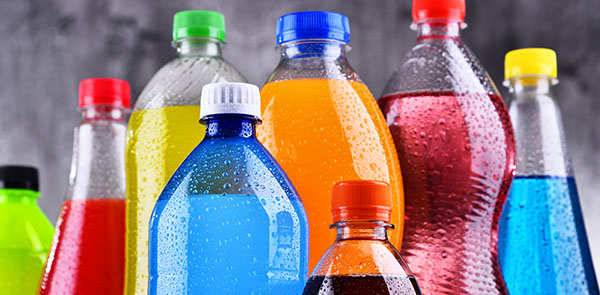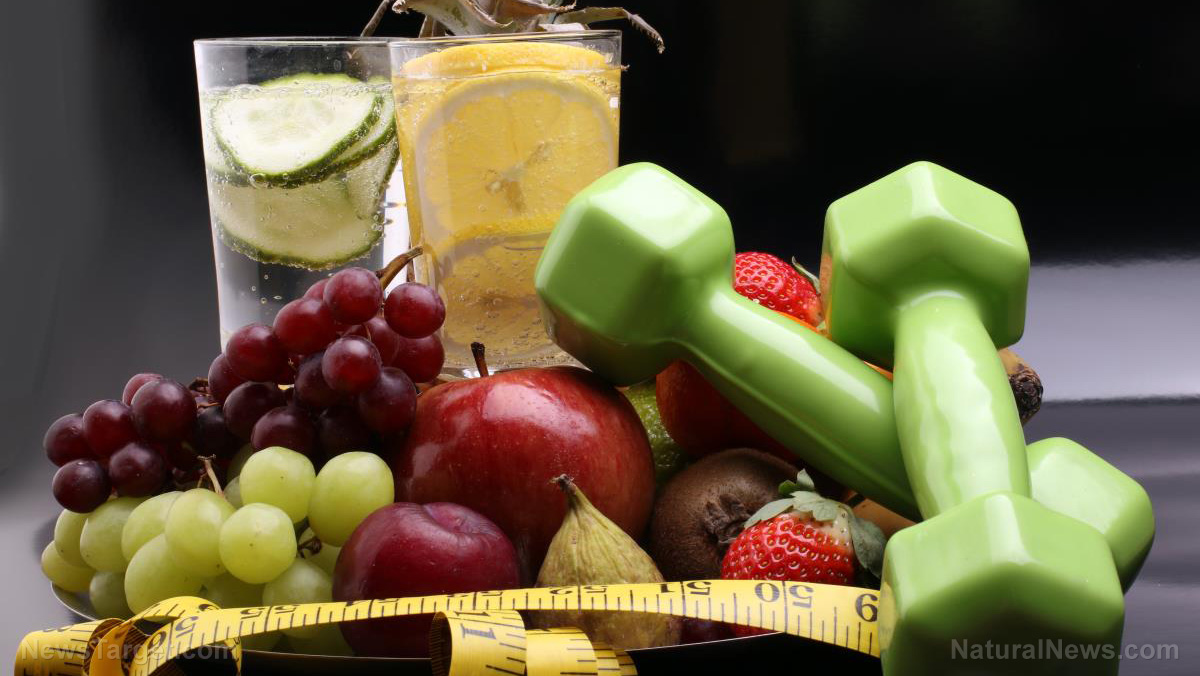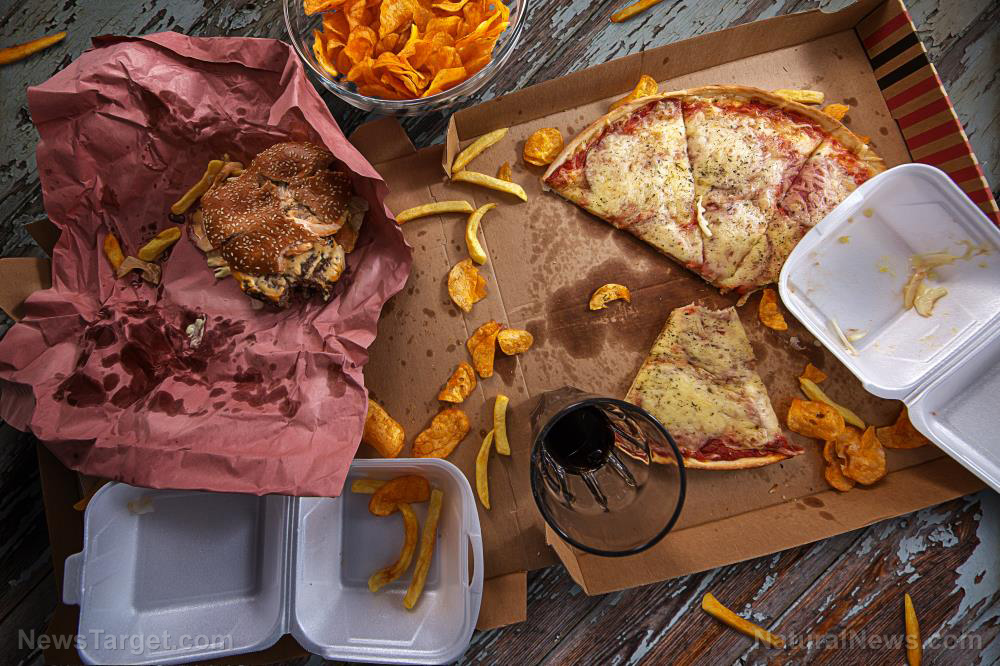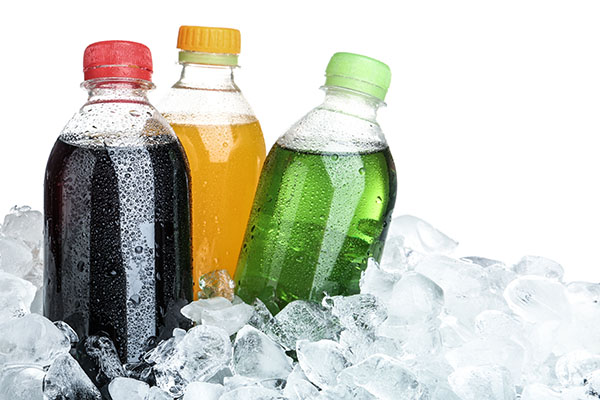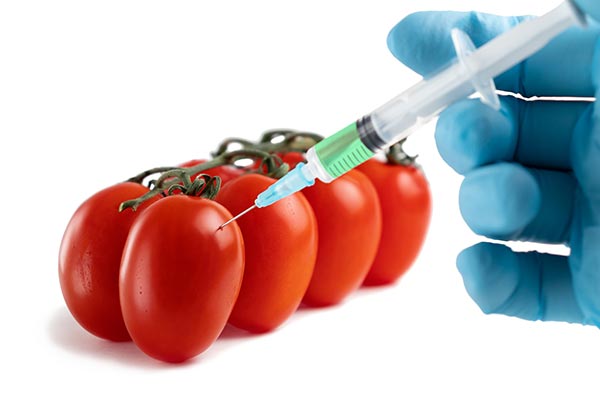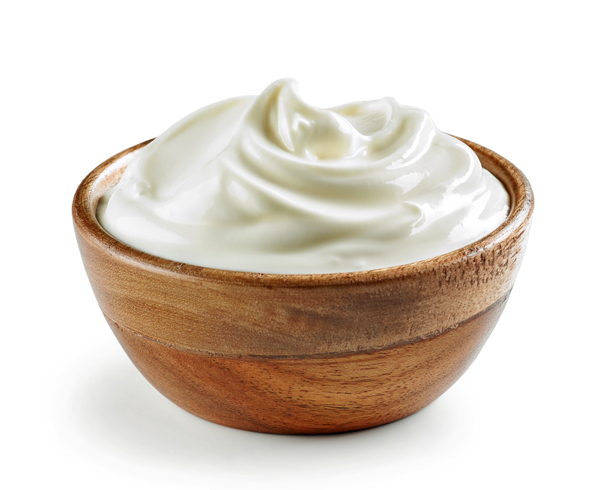Radioactive shrimp and contaminated spices: How cesium-137 slipped into America’s food supply
09/29/2025 / By Cassie B.

- The FDA confirmed the presence of radioactive cesium-137 from nuclear disasters like Fukushima in U.S. shrimp and spice imports.
- Millions of pounds of contaminated shrimp were sold at major retailers before recalls, exposing a systemic failure in food safety.
- Indonesia’s nuclear waste mismanagement and contaminated scrap metal near food plants are suspected sources of the radiation.
- The FDA only reacts after contamination is discovered, raising doubts about undetected radiation in rice, coconut products, and other imports.
- Consumers must take food safety into their own hands; grow local, detox, and avoid trusting corporate-controlled regulatory agencies.
The FDA just admitted what many have feared for years: Radioactive contamination is making its way into U.S. food imports. First, it was shrimp—84 million pounds shipped from Indonesia this year alone. Now, it’s cloves, a common kitchen spice. Both tested positive for cesium-137, a deadly radioactive isotope linked to nuclear disasters like Fukushima. While officials claim no tainted products reached store shelves, hundreds of thousands of shrimp packages sold at Kroger and other major retailers have already been recalled. The question isn’t just how this happened; it’s why the FDA failed to stop it sooner.
A silent threat in your seafood and spices
Cesium-137 isn’t some harmless background radiation. It’s a man-made byproduct of nuclear fission, the same toxic isotope that spread across the Pacific after Fukushima. The FDA insists the detected levels are “far below” emergency thresholds. But here’s the problem: Long-term exposure, even at low doses, raises cancer risks. And if cesium-137 is turning up in shrimp and spices, what else has been contaminated? The FDA’s own data shows PT Bahari Makmur Sejati, the Indonesian shrimp supplier, shipped 6% of all foreign shrimp consumed in the U.S. this year. That’s not a small batch; it’s a systemic failure of food safety oversight.
Officials are still investigating, but the International Atomic Energy Agency points to a disturbing possibility: Contaminated scrap metal near processing plants could have been the source of the radiation. Indonesia’s nuclear regulators found cesium-137 at an industrial site outside Jakarta, likely from recycled medical equipment or improperly disposed nuclear waste. Steve Biegalski, a nuclear expert at Georgia Tech, suggests another chilling scenario of contaminated shipping containers or trucks spreading radiation across multiple food products.
The two contaminated facilities are 500 miles apart, yet both tested positive for the same isotope. That’s not a coincidence. It’s a pattern of negligence, and it’s one that raises serious questions about Indonesia’s industrial practices—and the FDA’s ability to catch these threats before they reach American dinner tables.
The recalls keep growing
Since August, eight major recalls have been issued for shrimp sold under brands like Kroger, AquaStar, and Beaver Street Fisheries. The FDA admits these products may have been processed under conditions allowing contamination. Yet somehow, none of this was caught until after the fact.
Consumers are left wondering: How many other imports are radioactive? The FDA blocks spices from PT Natural Java Spice now, but what about the 440,000 pounds of cloves already shipped this year? And if cesium-137 is in shrimp and spices, could it also be in rice, coconut products, or other Indonesian exports?
This isn’t the first time the FDA has dropped the ball on radiation. After Fukushima, the agency raised “safe” radiation limits in food rather than enforcing stricter testing. They removed radiation monitors from the West Coast, even as independent tests found cesium-137 in Pacific seafood. Now, with Indonesian imports testing positive, the FDA’s response is the same: React after the damage is done.
The agency claims that no contaminated food entered the U.S. supply. But with hundreds of thousands of shrimp packages already recalled, that’s cold comfort. The real issue? The FDA doesn’t test imports proactively; it waits for red flags. And by then, it’s too late.
A broken food safety system
This isn’t just about shrimp and spices. It’s about a global food supply chain riddled with hidden dangers, from pesticide-laden crops to heavy metals in baby food to now, radioactive contamination. The FDA, captured by corporate interests, reacts only when forced. Meanwhile, Big Food and foreign suppliers cut corners, putting profits over safety.
If cesium-137 is slipping through, what else is? Glyphosate in cereal? Mercury in tuna? PFAS in packaging? The system is designed to fail the consumer.
Recalled shrimp brands—check your freezer
The following products have been recalled due to potential cesium-137 contamination:
- Kroger Mercado Cooked Medium Peeled Tail-Off Shrimp (multiple recall dates)
- AquaStar Cooked Peeled Deveined Shrimp (Kroger and AquaStar brands)
- Beaver Street Fisheries Frozen Cooked Shrimp
- Southwind Foods Frozen Shrimp (multiple expansions)
The contaminated cloves, meanwhile, were blocked from import rather than recalled.
You’re on your own
The FDA won’t protect you, and corporate food suppliers won’t warn you. If you want safe food, you’ll have to take matters into your own hands: Grow your own, buy local, detox regularly, and stay informed.
Because one thing is clear: the next radioactive shipment might not get caught in time. And by then, it could be in your kitchen.
Sources for this article include:
Submit a correction >>
Tagged Under:
cancer, cesium, cloves, Dangerous, disaster, FDA, food collapse, food recall, food safety, food supply, grocery, ingredients, nuclear waste, radiation, radioactive, Recall, shrimp, toxins
This article may contain statements that reflect the opinion of the author
RECENT NEWS & ARTICLES
COPYRIGHT © 2017 INGREDIENTS NEWS







